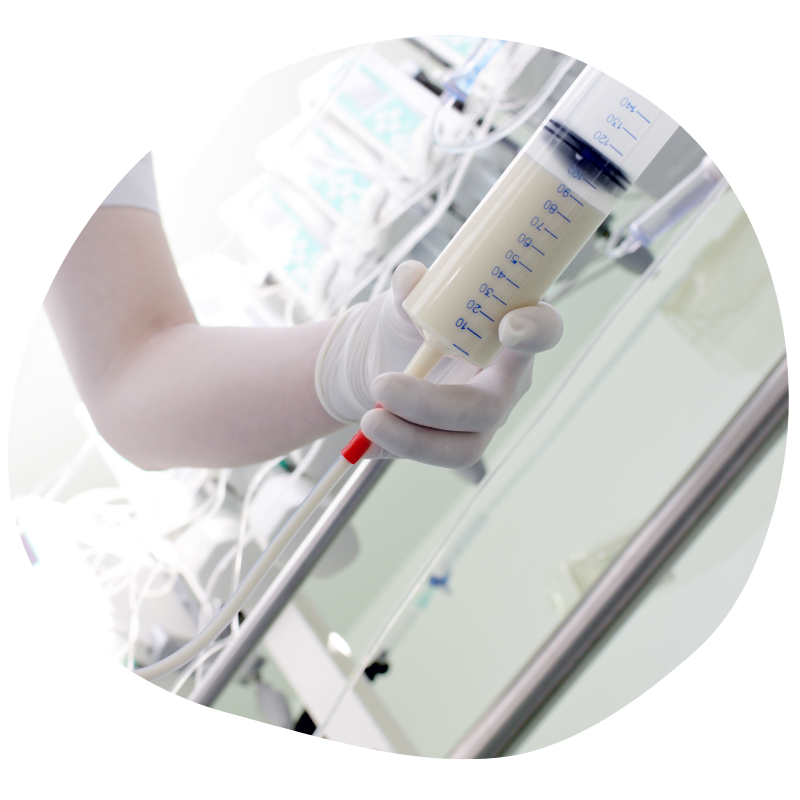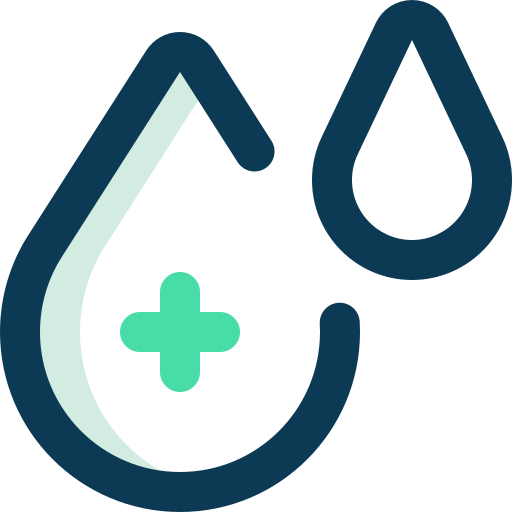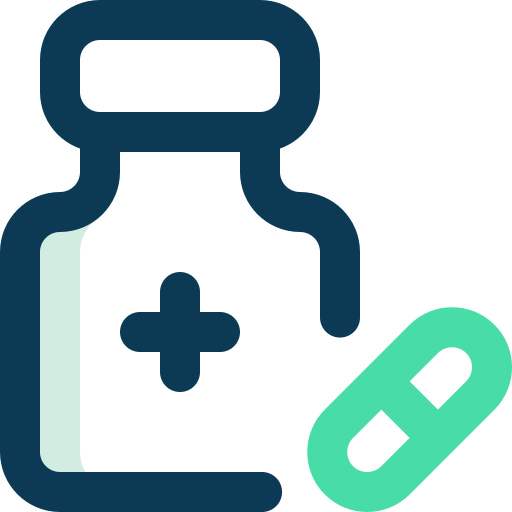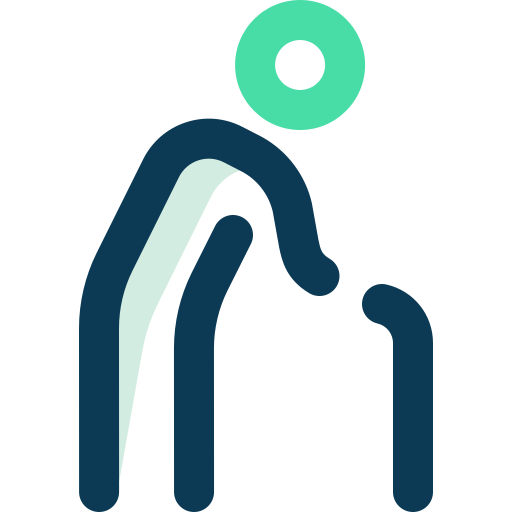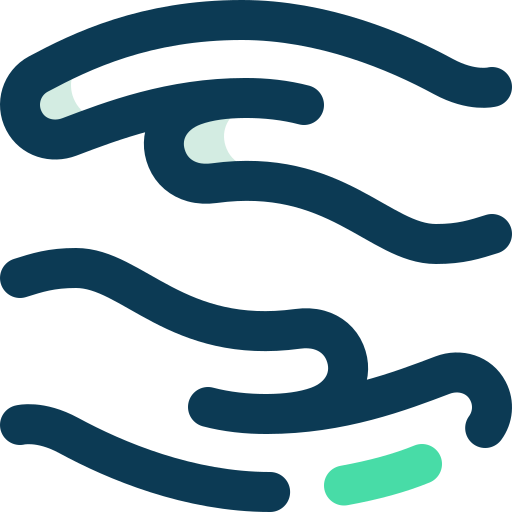| home care & nursing
Nasogastric Tube Care & Feeding
Handling your loved one's nasogastric (NG) tube on your own can be a difficult and daunting task. Here at Evercare, our caregivers provide expert support to maintain tube hygiene, prevent complications, and perform safe administration of medication and food.

NG TUBE HANDLING & FEEDING
When it comes to performing NG tube feeding and care procedures, having a professional who is highly skilled and knowledgeable in this area is critical to ensuring patients' safety and well-being. Improper handling of NG tube tasks can potentially lead to:
- Tube blockage or dislodgement
- Aspiration
- Improper feeding causing patient to choke
- Gastric problems, such as coughing, vomiting, or having difficulties breathing
RECEIVING NG TUBE CARE AT HOME
With the advancement of technology and increase in quality care services, more families are choosing to hire in-home nurses to handle their loved one's NG tube responsibilities at home.
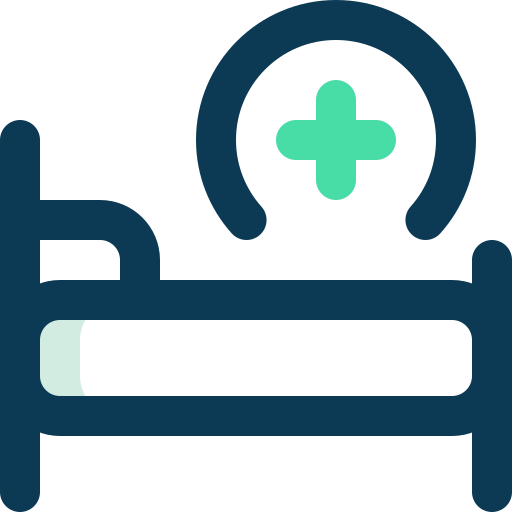
SAFE & Comfortable
Avoid staying in an unfamiliar hospital setting, and reduce the risk of cross-infection.

Convenient
Eliminate the need to travel to and from the hospital, saving time and energy for both patient and family.

One-to-One Attention
Receive personalised care to facilitate quicker and more effective recovery.
HOW WE CAN HELP
Our team of enrolled and registered nurses are equipped with the skills to perform NG tube feeding and daily maintenance (cleaning, monitoring) for your loved one. From help with everyday activities to specialised nursing procedures, we strive to ensure safety and promote overall well-being.
who CAN HELP:
Support activities of daily living, maintain cleanliness of tube site, and enhance overall comfort of patient.
Registered Nurses
Perform daily maintenance and feeding, such as tube flushing, pH testing and medicine/food administration.
GET PRICING DETAILS
Complete the following form to receive pricing information in your email!
